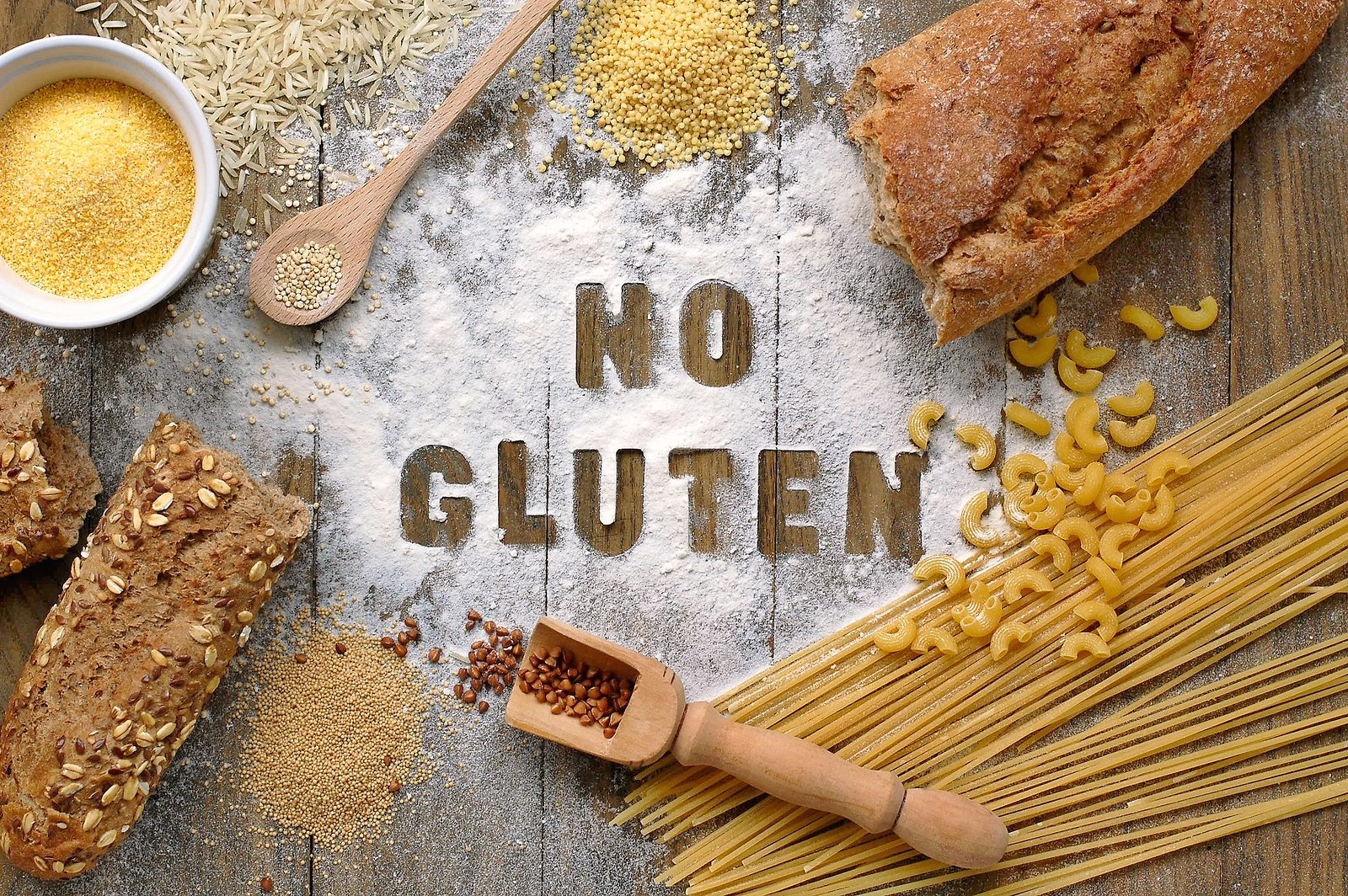
Living With Gluten Intolerance: Symptoms & Substitutes!
Gluten-free diets are becoming increasingly popular and you might notice that more and more shops are stocking their shelves to adjust to the gluten-free demand. While it might seem that gluten-free foods are nothing more than the latest trend, there is actually a reason why many people are starting to move in the direction of gluten-free lifestyles.
What is gluten?
Gluten is a mixture of proteins found in wheat and cereal grains. Gluten allows these foods to absorb water and enables them to stick together, helping them to remain elastic and maintain their shape.
Gluten is found in many types of foods (both processed and unprocessed), most commonly in the following:
- Bread
- Pasta
- Barley
- Rye
- Semolina based products
- Beers
- Soups
- Sauces
- Seasonings
- Canned foods
- Spices
Gluten intolerance explained
Research indicates that between 5% and 10% of the entire human population may suffer from a gluten intolerance. In many cases, the intolerance is mild and may even go unnoticed! While gluten intolerance is not as serious as allergic reactions, the intolerance can cause discomfort and affect a person's overall wellbeing.
Experts are unsure of exactly what causes gluten intolerance, but essentially it boils down to the individual's immune response that reacts to gluten as if it were an invading virus or bacteria. This immune intolerance can be due to genetics, a gut imbalance, or because modern foods have been genetically modified.
Some people display signs of gluten intolerance as young as infancy, while others only develop the intolerance later on in life.
Symptoms of gluten intolerance
Those with a gluten intolerance will develop symptoms after consuming foods containing gluten. It's the body's way of letting you know that it's struggling to digest gluten properly. The most common symptoms of gluten intolerance include:
- Bloating
- Abdominal pain
- Diarrhea
- Nausea
- Constipation
- Fatigue
- Anxiety
- Headaches
- Skin rashes
- Joint or muscle pain
Gluten intolerance can lead to discomfort, but it's unlikely to cause severe symptoms that require emergency care. If a person experiences more severe symptoms after consuming certain food, it's likely that they rather have an allergy to the ingredients, irritable bowel syndrome (IBS), celiac disease or a wheat allergy.
Living with a gluten intolerance and finding gluten-free substitutes
If an individual suspects that they have a gluten intolerance, it's important to get the correct diagnosis, as the symptoms of gluten intolerance are similar to other health conditions. People often misdiagnose themselves and end up either taking the wrong medication or making unnecessary/detrimental lifestyle adjustments.
Once a diagnosis has been made, you will not need to go on any special medication. The only change will be to cut gluten out of your diet, which is as simple as reading labels before making any purchases. In a gluten-free diet, you will have to pay attention to healthy whole foods and avoid any sort of cereals and grains that contain gluten. Luckily, there are lots of gluten-free substitutes in most shops and online health stores!
Feelgood Health has a wide range of gluten-free health foods, breakfasts, flours, snacks and other dietary essentials to help you in your gluten-free diet! CLICK HERE to browse our range of gluten-free health foods.
You might like..
- Gluten-Free Self Raising Flour
- Gluten-Free Rolled Oats
- Gluten-Free Nut Muffin Premix
- Gluten-Free Cassava Flour
- Gluten-Free Peanut Butterlicious Protein Blend
View more gluten-free health foods >
If you have any health-related questions, please contact us or leave a comment below for FREE advice. We always love hearing from you!



Comments
Leave a comment